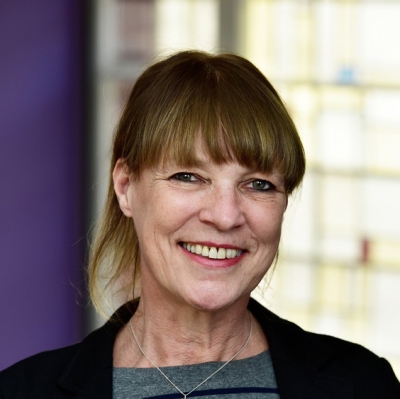
Paint-GGZ
Status: looking for participants
Parent training is a proven effective treatment for reducing behavioural problems in children. By behavioural problems we mean, for example, pressure/impulsive behaviour, tantrums, disobedience, difficulty paying attention or aggressive behaviour. In parent training, parents learn skills that can help reduce these problems.
Parent training is an important part of regular healthcare in the Netherlands. By researching parent trainings well, we want to improve them more and more. Most parent training courses are fairly long (12 sessions on average) and are not tailored to the specific needs of parents and children. In order to help parents of children with (characteristics of) behavioural problems faster and better, we therefore want to research whether parent training can be shorter and more individualised.
Our goal
In this study, we offer parents a short crash course in which they learn a number of parenting techniques they can use to influence their child’s behaviour. With this study, we want to find out whether a short-term parent training is more effective in the short and long term in reducing behavioural problems than regular care. For this purpose, we not only measure children’s behaviour, but also, for example, the attitude towards the behavioural problems and the stress level of parents. Furthermore, we want to compare the costs (such as attending therapy and the use of medication) and benefits (such as a reduction in behavioural problems) of parent training with those of regular care, to get an idea of the so-called ‘cost effectiveness’ of short-term parent training.
Structure & design of the study
To answer these questions, we compare two groups in this study. One group of parents follows the short-term parent training and one group of parents is offered regular care for the behavioural problems of their children. Parents who participate in the study are randomly assigned to one of the groups.
The short-term parent training consists of three meetings. The first two meetings take place shortly (about one or two weeks) after each other and each lasts two hours. The third meeting, a booster, follows (approximately) one week after the second meeting and lasts one hour. The training is given by well-trained therapists with a lot of experience with (parents of) children with behavioural problems. After the short-term parent training, parents can receive additional boosters to prevent or cope with possible relapses, or they can make use of regular care.
Regular care consists of all the care that treatment providers would normally offer parents and children with behavioural problems. For example, psycho-education, cognitive behavioural therapy, longer parent training or medication.
What is in it for the parents?
Parents who participate in the study are offered (depending on the allocation) a short-term, individualised parent training in which they learn various techniques to reduce their child’s problem behaviour. This training costs parents (much) less time than a regular parent training. Moreover, the short-term parent training is given by well-trained therapists with a lot of experience with (parents of) children with behavioural problems.
In addition, participating in this research helps other parents and children with behavioural problems. Through the research we learn how we can improve parent training, which may help other parents and children in the future.
What do we ask from the parents?
We ask parents who participate to fill in questionnaires four times over the period of one year and to make audio recordings (before the short parent training and one week, six months and twelve months after the short parent training). These questionnaires and audio recordings help us to monitor the children’s behaviour.
The questionnaires are for the most part also used in regular care (i.e. outside of this study) and are part of the child’s file. Parents make the audio recordings at home during meals, as these are often moments when children show different behavioural problems. Naturally, we treat these recordings safely and confidentially.
In addition, during the four measurement moments, parents are called briefly (for a maximum of three minutes) every five days in a row to ask which behavioural problems occurred that day. By means of these daily phone calls we can get a good idea of how children are doing and whether the short-term parent training helps.
Information for parents
Both the short-term parent training and the regular care are offered by treatment providers in the youth mental health care. Inclusion in the study runs from October 2022 to December 2024. Parents of children with behavioural problems who “newly” enter the mental health service and are eligible for the study, will be informed by therapists for participation. Parents cannot receive the short-term parent training outside of the study. Parents who want to participate give permission and are then assigned by the researchers to the short-term parent training or regular care. All measurements are also done by the researchers.
Treatment providers who participate in this study will be trained in advance to give the short-term parent training and will receive supervision/intervision during the study.
The study is conducted at Accare, Levvel, Dokter Bosman, UvA Minds, psychologist practice Kuin and Child practice Amsterdam.
Vragen of interesse om mee te doen?
If you have any questions, please feel free to contact Roos van Doornik, r.van.doornik@accare.nl
The researchers:
Prof. dr. Barbara van den Hoofdakker
Accare Child Study Center
Prof. dr. Saskia van der Oord
KU Leuven
Dr. Tycho Dekkers
Accare Child Study Center; Universiteit van Amsterdam
Roos van Doornik
Accare Child Study Center









